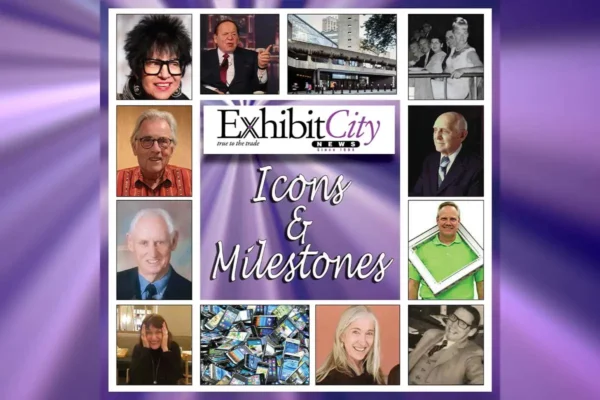In Chicago, the Carpenters and the Teamsters Union agreed to another round of labor concessions. This negotiated settlement takes the place of legislation enacted by the Illinois General Assembly, which was found to be illegal by a Federal judge in a lawsuit brought by the two unions.
This agreement, with a few exceptions, basically gave the city and state much of what they wanted. So some might ask: What was accomplished? The objective was to establish the right to collectively bargain contracts between a private employer and union workers without meddling from the legislature. The Union, which represents workers who set up and dismantle shows in
However, nobody should think this is a fair outcome for tradeshow workers or that costs will be significantly reduced to exhibitors. While the stated goal of the legislation was to make shows more affordable, the most powerful groups were exempt from participating in the overall cost saving. While the cost of labor is a significant part of the total cost to exhibit, it’s far from the only one. In his decision, the federal judge recognized there were substantial costs saving that weren’t even being pursued. Contractors and associations are fully supportive of cost savings to the exhibitors as long as it doesn’t mean reduced profits for them.
Don’t get me wrong, unions aren’t completely blameless in creating the conditions that currently exist. There were abuses, there was greed, and this created an image that was exacerbated by the anti-union feeling in this country. But in the
The unions also could have done a better job of mounting a successful campaign to shape their perception in the general public. The unions were going up against savvy manipulators of public opinion, so it’s foolish for them to expect their counterparts to provide an objective account of the real problems facing the industry. They gave a slanted account of what they want everyone to believe, and expected the unions to do the same thing. Without a counterbalancing argument to persuade the public, unchallenged fallacy becomes fact. If this continues for too long, it changes from naïveté to negligence on the part of the union leadership.
It’s not important what has transpired in Chicago involving the labor rule changes, but how it happened and why it happened. The economy dictates most things in our lives. A good economy disguises problems, and a bad economy magnifies them.





























